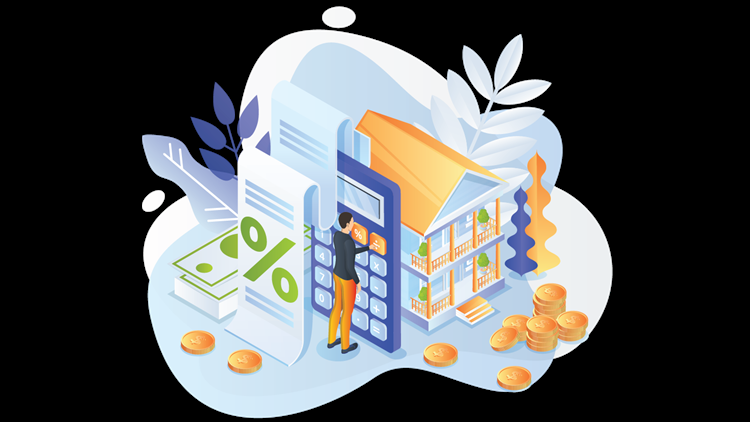CONTENT PROVIDED BY AMERICAN FINANCING.
Credit card debt tends to be some of the most expensive debt in terms of interest rates, with many cards charging upwards of 12-20% interest. With today’s low mortgage rates, many homeowners are turning to mortgage refinancing to consolidate debt. Think of it this way. For every thousand dollars of finance on a house, the average person is paying around four or five dollars (depending on their current mortgage rate). Borrowing money cheaper means that it’s possible to save more money, helping individuals pay off higher debts faster and more efficiently.
If you decide that consolidating debt is the right choice for you, here are some things you can do to get started.
Make larger lump payments when paying credit card debt
One big mistake people make when paying off credit card debt is splitting payments between multiple cards. But did you know, your credit is negatively affected any time you carry a high balance on any one card? If you have two hundred dollars, many people are prone to split the money by paying off one hundred dollars toward each card. But in order to pay off cards faster, you should use these larger lump payments and put the full amount toward one card’s principal payment.
Work diligently to pay down the balance on all of your credit cards, starting with the highest interest rate cards. When it comes time to pay the next card off, you can use what you ordinarily would have put toward the first card and pay off a bigger amount of the second card. Typically, this makes it possible for borrowers to pay off debt a lot faster and can get you back on track.
Make changes to your budget
Be mindful of money going out each month. Don’t use too much on entertainment or going out to dinner. Maybe cut back on how many cable channels you subscribe to. Determine what isn’t necessary for the time being and use your spending money toward existing debt.
Keep revolving accounts open
People sometimes think the best way to decrease temptation is to close out cards as they pay them off. If you have multiple maxed-out credit cards, or even just one, this is not the best choice. When all your cards are maxed out, you have zero percent of your credit available. By paying off cards and then closing the accounts, you actually just end up with zero percent of credit available again. Instead, as you pay off cards, keep the accounts open to free up some of your credit available. Let your hard work pay off by leaving revolving accounts open.
Stick to a plan that will keep you out of debt
The key to staying out of debt is to keep from taking on new debt after your refinance. It can take a lot of self-discipline to make it work. Ask yourself how you got into debt in the first place. People have to take personal responsibility for the debt incurred and take steps to improve their overall financial health. Doing so will, in turn, help with building your credit.
Want to learn more? Check out these Money Management Tips!
Know that everyone makes mistakes when it comes to incurring debt. If you’ve started saving and have managed to start paying off bills, you can feel comfortable with refinancing your mortgage to consolidate debt. When done correctly, people are able to save thousands of dollars a month, not only in interest rates but also in tax breaks you only get on mortgages. Paying off debt takes dedication and hard work, but by taking the right steps, you can make it easier on yourself and become debt-free.
THIS ARTICLE INVOLVES COMMERCIAL CONTENT. THE PRODUCTS AND SERVICES FEATURED APPEAR AS PAID ADVERTISING. FOR MORE INFORMATION, EMAIL US.
COLORADO & COMPANY IS A PART OF 9NEWS AND FEATURES COLORADO EVENTS, COMPANIES, BUSINESS PEOPLE AND OTHER OTHER GUESTS FROM AROUND THE COUNTRY.


